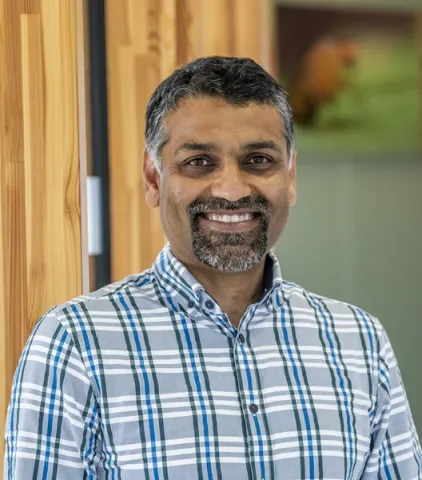About the project
The project directly addresses the urgent need for new drugs to treat AMR pathogens Pseudomonas aeruginosa and Mycobacterium abscessus in the lungs of cystic fibrosis (CF) patients.
Mycobacterium abscessus (M. abs) is intrinsically resistant to many drugs, thanks to its physiology and to the acquisition of new mechanisms of drug resistance.
Little is known about the phenotype of M. abs and its interaction with other bacterial species, particularly P. aeruginosa, in this niche. Very few new compounds or drug combinations for the treatment of M. abs are in preclinical and clinical development.
Therefore, new regimens of antibiotics are urgently required that can successfully treat M. abs but also other bacteria, such as P. aeruginosa, in the CF lung.
Objectives:
- Apply growth models (including biofilms) and molecular/imaging technologies to study co-culture of P. aeruginosa and M. abscessus
- Use Raman spectroscopy and multimodal imaging to study the changes in the pathogens
- Investigate the impact of frontline antibiotics
- Identify a combination of antibiotics that successfully clear both pathogens.
This is a 4-year PhD co-funded by Centre for Doctoral Training in Complex Integrated Systems for Defence and Security (CISDnS) and UK Health Security Agency (UKHSA).
The PhD is jointly supervised by Dr Joanna Bacon at UKHSA Porton Down and Prof. Sumeet Mahajan at the University of Southampton (UoS).
The student will be registered at UoS and will be based at UoS for the first year for attending modules and training in spectroscopic/imaging methodologies.
During years 2-4, the student will be based at Porton Down to develop in vitro co-culture models, perform drug experiments, and characterise biofilms.
In years 2-4 the student will also spend up to 40% of their time (travel/stay up to 1-2 months) at UoS to conduct analyses of biofilms using Raman spectroscopy and multimodal imaging/confocal microscopy.
The successful applicant will have enthusiasm to carry out this split-site PhD studies (as outlined above) and be willing to travel regularly between the two sites.
